01 - Islamic Injunctions on the Institutionalization of Aqilah: A Case Study of Vicar...
http://dx.doi.org/10.31703/gpr.2020(V-IV).0110.31703/gpr.2020(V-IV).01 Published : Dec 2020
-
Islam gives detailed injunctions not only for individuals but also for collectivity, and the Constitution of the Islamic Republic of Pakistan makes it obligatory on State to enable Muslims to live their individual and a collective life in accordance with the Islamic teachings. An important aspect of the Islamic way of life is that individuals and collectivity provide help and support to each other... Details
-
Diyat, Aqilah, Vicarious Liability
-
(1) Sadia Tabassum
Assistant Professor, Department of Law, International Islamic University, Islamabad, Pakistan.
(2) Omar Mahmood Wattoo
Visiting Faculty, Department of Law and Shariah, International Islamic University, Islamabad, Pakistan.
(3) Bakht Munir
Lecturer, Institute of Languages and Linguistics, University of the Punjab, Lahore, Punjab, Pakistan.
02 - The Enforcement of Foreign Arbitral Awards: A Critical Analysis of Current Pakis...
http://dx.doi.org/10.31703/gpr.2020(V-IV).0210.31703/gpr.2020(V-IV).02 Published : Dec 2020
-
The current research provides an analytical study on the domestic and international arbitration and the application of foreign arbitral awards in Pakistan. The research explains the international arbitration, how it operates, its processes, rulings, and execution as per the domestic arbitration mechanism existing in Pakistan. The study further identifies the flaws that render it impossible to cope... Details
-
Alternate Dispute Resolution, Arbitral Awards, Arbitration Act 1940, Settlement of International Commercial Disputes, The New York Convention 1958
-
(1) Rao Qasim Idrees
Assistant Professor, School of Law, University of Gujrat, Punjab, Pakistan.
(2) Iqra Azhar
Student, School of Law, University of Gujrat, Punjab, Pakistan.
(3) Mirza Shahid Rizwan Baig
Assistant Professor, College of Law, Government College University Faisalabad, Punjab, Pakistan.
03 - Political Arena in Pakistan and Objectivity of Urdu Print Media: A Study of Pana...
http://dx.doi.org/10.31703/gpr.2020(V-IV).0310.31703/gpr.2020(V-IV).03 Published : Dec 2020
-
This research paper examined the scenario of objectivity in Pakistani print media keeping in view the reportage of Panama issue in leading Urdu Dailies. The study investigated the situation whether the Urdu print media remained objective, unbiased, and non-judgmental during reportage of the big corruption scandal of the history of the political arena in Pakistan. The paper assessed the position of... Details
-
Objectivity, Non-Judgmental, Political Arena, Urdu Dailies, Venality Issues, Unbiased, Political Arena.
-
(1) Irem Sultana
Assistant Professor, Department of Mass Communication, Government College University, Faisalabad, Punjab, Pakistan.
(2) Hamid Yaseen Ahmed
M.Phil Scholar, Department of Mass Communication, Government College University, Faisalabad, Punjab, Pakistan.
(3) Rao Shahid Mahmood Khan
Assistant Professor, Department of Media Studies, The Islamia University of Bahawalpur, Punjab, Pakistan.
04 - Major Themes in Imran Khan's UNGA Speeches: A Corpus Assisted Study...
http://dx.doi.org/10.31703/gpr.2020(V-IV).0410.31703/gpr.2020(V-IV).04 Published : Dec 2020
-
Every year, the United Nations General Assembly holds a meeting of leaders from different countries. Imran Khan, prime minister of Pakistan, made speeches in the General Assembly of the United Nations twice. The first emphatic address he made at the United Nations General Assembly was on 27 September 2019, and the second was on 25 September 2020. This study aims to find out the major themes in bot... Details
-
Islamophobia, Islam, Kashmir, RSS, Climate Change, Pandemic
-
(1) Arshad Ali
Assistant Professor, Department of English, National University of Modern Languages, Islamabad, Pakistan.
(2) Athar Rashid
Assistant Professor, Department of Governance & Public Policy, National University of Modern Languages, Islamabad, Pakistan.
(3) Shahid Abbas
Lecturer, Department of English, University of Sargodha, Sargodha, Punjab, Pakistan.
05 - Importance of Confidence Building Measures for bridging the gap between Pakistan...
http://dx.doi.org/10.31703/gpr.2020(V-IV).0510.31703/gpr.2020(V-IV).05 Published : Dec 2020
-
This research would base on the detailed investigations and steps taken by both countries to build confidence and trust to meet their conflicts and reducing uncertainty and promoting peace. This research will also point out the achievement of confidence building measures which has made possible both sides to start talks to meet the bilateral issues of both sides. The study will examine the importa... Details
-
Conflicts, High tension, Distrust, CBMs, Negotiation, Agreements Peace.
-
(1) Muhammad Tasleem Ashraf
PhD. Scholar, Department of Political Science & IR, Government College University, Faisalabad, Punjab, Pakistan.
(2) Ali Shan Shah
Assistant Professor, Department of Political Science & IR, Government College University, Faisalabad, Punjab, Pakistan.
(3) Abdul Basit Khan
Assistant Professor, Department of Political Science & IR, Government College University, Faisalabad, Punjab, Pakistan.
06 - Arab World's Criticism on Indian Islamophobia: Understanding Islamic Perspective...
http://dx.doi.org/10.31703/gpr.2020(V-IV).0610.31703/gpr.2020(V-IV).06 Published : Dec 2020
-
Post COVID-19 Islamophobia in India led to an unprecedented reaction from the Arab World, which had been quiet against the persecution of Indian Muslims, especially after Narendra Modi's premiership. This study has highlighted the international media coverage regarding Islamophobia in India & its impacts on Indo-Arab Relations and also evaluated how can Islamophobia in India impact Indo-Arab t... Details
-
Indian Islamophobia, Arab World, Muslim Ummah, Thematic Analysis
-
(1) Zaeem Yasin
Assistant Professor, Department of Mass Communication, Lahore College for Women University, Lahore, Punjab, Pakistan.
(2) Hassan Siddique
PhD Fellow, Institute of Communication Studies, University of the Punjab, Lahore, Punjab, Pakistan.
(3) Lubna Shaheen
Assistant Professor, Institute of Communication Studies, University of the Punjab, Lahore, Pakistan.
07 - Evaluation of Ethnicity and Issues of Political Development in Punjab, Pakistan...
http://dx.doi.org/10.31703/gpr.2020(V-IV).0710.31703/gpr.2020(V-IV).07 Published : Dec 2020
-
The purpose of this research is to evaluate ethnicity and its impact on the political structure of Punjab, Pakistan. This paper examines the role of ethnicity in political behaviour of the masses in Punjab. A social counsel that shows the recognition of a specific group which is descended from the same predecessors is called ethnicity while political development is the continuous decrease of ethni... Details
-
Ethnicity, Political Development, Ethnic Conflict, Ethnic Politics, Ethnic Nationalism, Ethnic Disagreement, Political Structure, Equality, Ethnic Movements, Ethnic Militarism
-
(1) Muqarrab Akbar
Chairman, Department of Political Science, Bahauddin Zakariya University, Multan, Punjab, Pakistan.
(2) Kanwar Muhammad Yasir Furqan
Lecturer, Department of Pakistan Studies, Sir Syed University of Engineering and Technology, Karachi, Sindh, Pakistan.
(3) Hafsa Yaseen
Visiting Lecturer, Department of Political Science, Bahauddin Zakariya University, Multan, Punjab, Pakistan.
08 - Great Powerplay in the Indian Ocean: Implications for the Region...
http://dx.doi.org/10.31703/gpr.2020(V-IV).0810.31703/gpr.2020(V-IV).08 Published : Dec 2020
-
The Indian Ocean is important due to its strategic location, geopolitical significance and trade activities being performed through it. The United States of America is attaining energy, and other resources have a deep interest in the region. China, through its "string of pearls strategy", is encountering the American goals in the regional by the promotion of its economic activities, securing its d... Details
-
Indian Ocean, Pakistan, Indus Water Treaty, Challenges, Rising China
-
(1) Muhammad Umer Hayat
Assistant Professor, Department of Humanities and Social Sciences, Bahria University, Islamabad, Pakistan.
(2) Syeda Aqsa Sajjad
PhD Scholar, Department of International Relations, National Defence University, Islamabad, Pakistan.
(3) Farrukh Shahzad
Assistant Professor, Bahria University, Islamabad, Pakistan.
09 - Dynamics and Interplay between International Politics and War Economy...
http://dx.doi.org/10.31703/gpr.2020(V-IV).0910.31703/gpr.2020(V-IV).09 Published : Dec 2020
-
The experiences of developed countries about the cost of adjustment were quite different; therefore, it is very complex to analyze the interplay between these two variables relationship between military spending and economic development of the country; this also brought the significance of war politics, economies and the political economy of war industries at domestic, regional and international l... Details
-
Interplay Politics, War Economy, Globalization, Political Economy
-
(1) Mudassir Mehdi
The Islamia University of Bahawalpur, Punjab, Pakistan.
(2) Riaz Ahmad
Assistant Professor, School of Public Policy and Administration, Xi'an Jiaotong University, China.
(3) Arif Jameel
Zhejiang University, Hangzhou, Zhejiang, China.
10 - Portrayal of Political Parties in English Newspapers during the General Election...
http://dx.doi.org/10.31703/gpr.2020(V-IV).1010.31703/gpr.2020(V-IV).10 Published : Dec 2020
-
This research aims to explore the portrayal of political parties in the English newspapers of Pakistan during the general elections of 2008. The media's importance during the process of elections becomes manifold as it can frame the image of politicians and political parties. Comparative analysis of the leading political parties of Pakistan, including PPPP, PMLN and PTI, in the two English dailies... Details
-
Newspaper, Dawn, the News, Pakistani Political Parties, General Elections 2008
-
(1) Shazia Ismail Toor
Assistant Professor, Institute of Communication Studies, University of the Punjab, Lahore, Punjab, Pakistan.
11 - An Analysis of National Political Conflicts in Leading Urdu Pakistani Newspapers...
http://dx.doi.org/10.31703/gpr.2020(V-IV).1110.31703/gpr.2020(V-IV).11 Published : Dec 2020
-
This study investigates Analysis of National Political Conflicts in Leading Urdu Pakistani Newspapers during 2015-17. The main aim of this study was to explore the analysis of national political conflicts in selected newspapers. Framing theory was applied to study the newspaper's treatment of political conflicts as a theoretical baseline. Two leading Urdu newspapers Daily Jang and Nawa-i-Waqt, due... Details
-
Analysis, National Political Conflicts, Leading Urdu Pakistani Newspapers, Framing theory, Content Analysis
-
(1) Kiran Karamat
PhD Scholar, Institute of Communication Studies, University of the Punjab, Lahore, Pakistan.
(2) Noshina Saleem
Professor, Institute of Communication Studies, University of the Punjab, Lahore, Punjab, Pakistan.
(3) Tahseen Arshad
Visiting Lecturer, Department of Secondary Education, Lahore College for Women University, Lahore, Punjab, Pakistan.
12 - The Emergence of the Khilafat Movement in Sargodha: Beginning of Agitational Pol...
http://dx.doi.org/10.31703/gpr.2020(V-IV).1210.31703/gpr.2020(V-IV).12 Published : Dec 2020
-
Mustafa Kamal abolished the institution of Khilafat in 1924, but the Sargodha district Khilafat Committee continued its functioning. Peers of Sial Sharif and Bugvis of Bhera played the leading role, while pro-British feudal lords supported the government. Khilafat conferences were held in which high-level Khilafat leaders participated and addressed. Samarna-Fund was collected, and a sum of Rs 9600... Details
-
Khilafat Movement, Sargodha, Politics, Agitation, Freedom Movement
-
(1) Muhammad Pervez
PhD Scholar, Department of History, Bahauddin Zakariya University, Multan, Punjab, Pakistan.
(2) Humaira Arif Dasti
Professor, Department of History, Bahauddin Zakariya University, Multan, Punjab, Pakistan.
(3) Abdul Rasheed Khan
Professor, Department of History, Bahauddin Zakariya University, Multan, Punjab, Pakistan.

 Volume XI, Issue I (Winter 2026)
Volume XI, Issue I (Winter 2026)  Volume X, Issue IV (Fall 2025)
Volume X, Issue IV (Fall 2025) 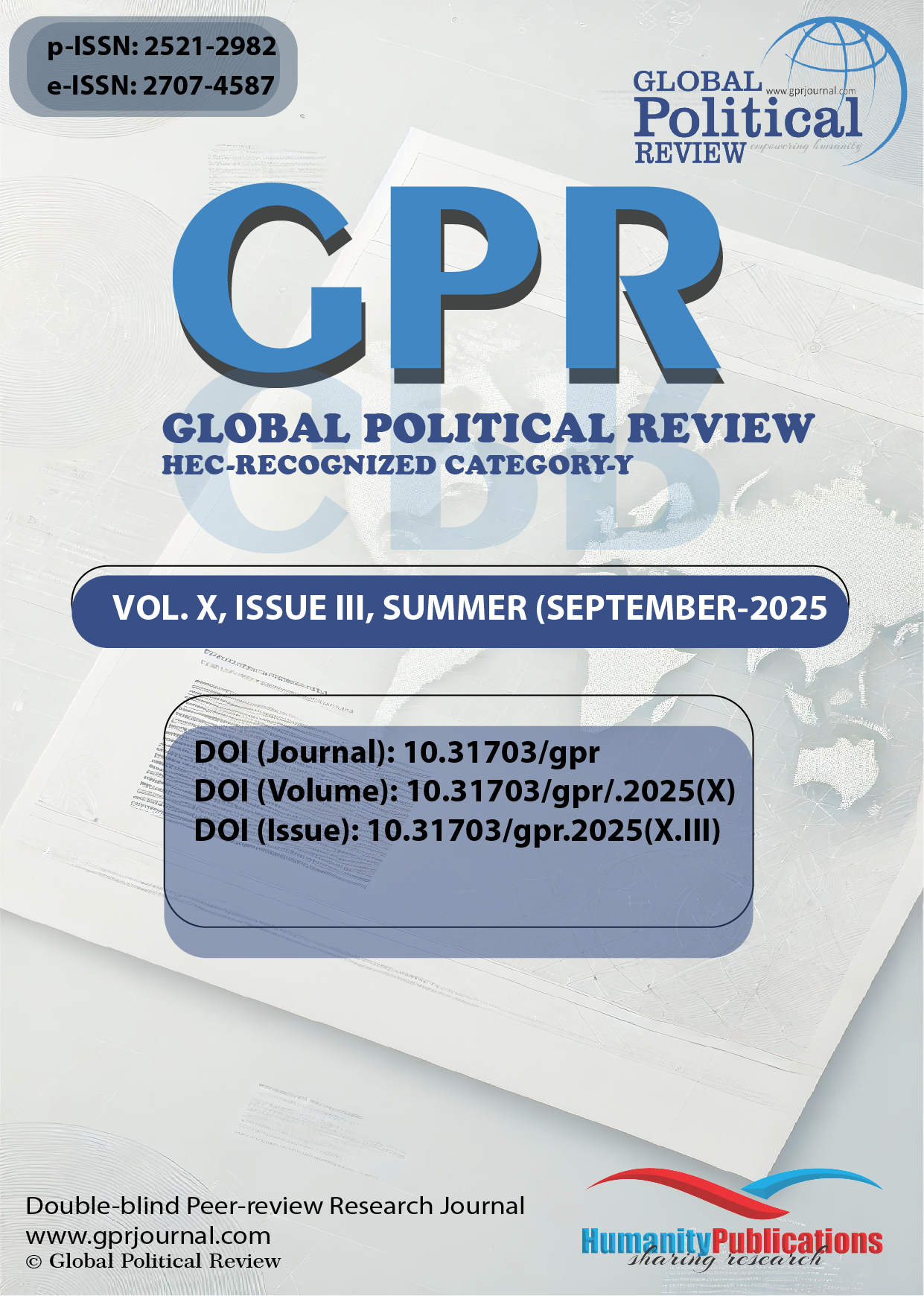 Volume X, Issue III (Summer 2025)
Volume X, Issue III (Summer 2025) 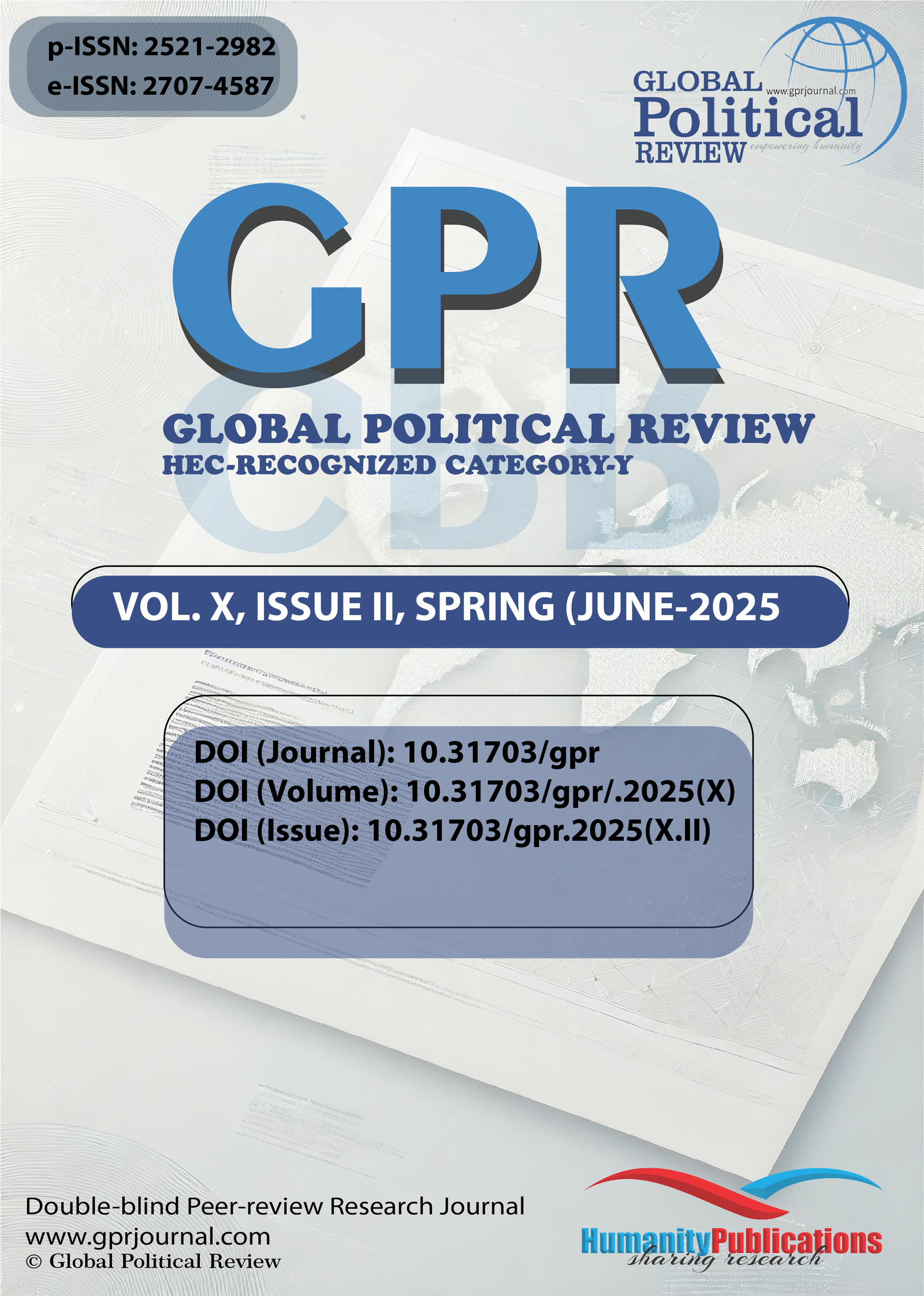 Volume X, Issue II (Spring 2025)
Volume X, Issue II (Spring 2025)  Volume X, Issue I (Winter 2025)
Volume X, Issue I (Winter 2025)  Volume IX, Issue IV (Fall 2024)
Volume IX, Issue IV (Fall 2024)  Volume IX, Issue III (Summer 2024)
Volume IX, Issue III (Summer 2024)  Volume IX, Issue II (Spring 2024)
Volume IX, Issue II (Spring 2024)  Volume IX, Issue I (Winter 2024)
Volume IX, Issue I (Winter 2024) 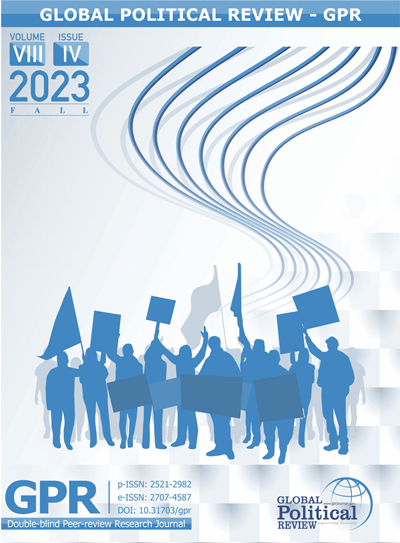 Volume VIII, Issue IV (Fall 2023)
Volume VIII, Issue IV (Fall 2023)  Volume VIII, Issue III (Summer 2023)
Volume VIII, Issue III (Summer 2023)  Volume VIII, Issue II (Spring 2023)
Volume VIII, Issue II (Spring 2023) 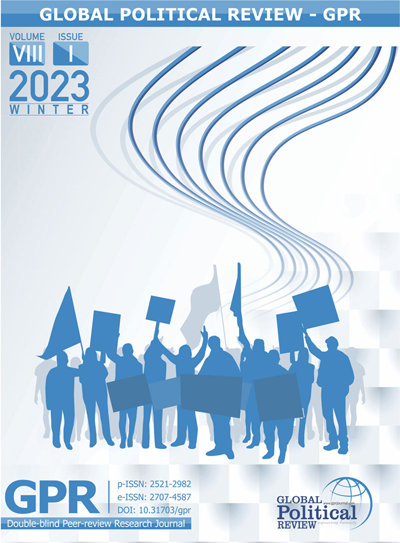 Volume VIII, Issue I (Winter 2023)
Volume VIII, Issue I (Winter 2023) 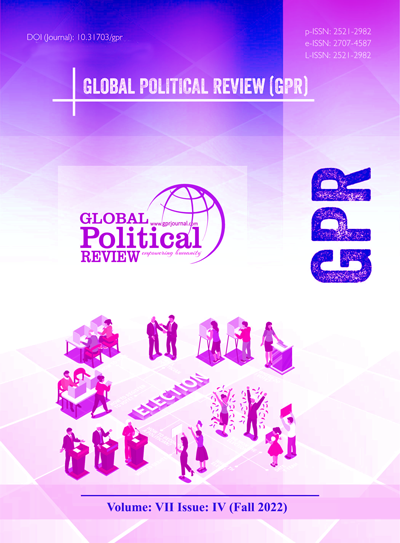 Volume VII, Issue IV (Fall 2022)
Volume VII, Issue IV (Fall 2022)  Volume VII, Issue III (Summer 2022)
Volume VII, Issue III (Summer 2022)  Volume VII, Issue II (Spring 2022)
Volume VII, Issue II (Spring 2022)  Volume VII, Issue I (Winter 2022)
Volume VII, Issue I (Winter 2022) 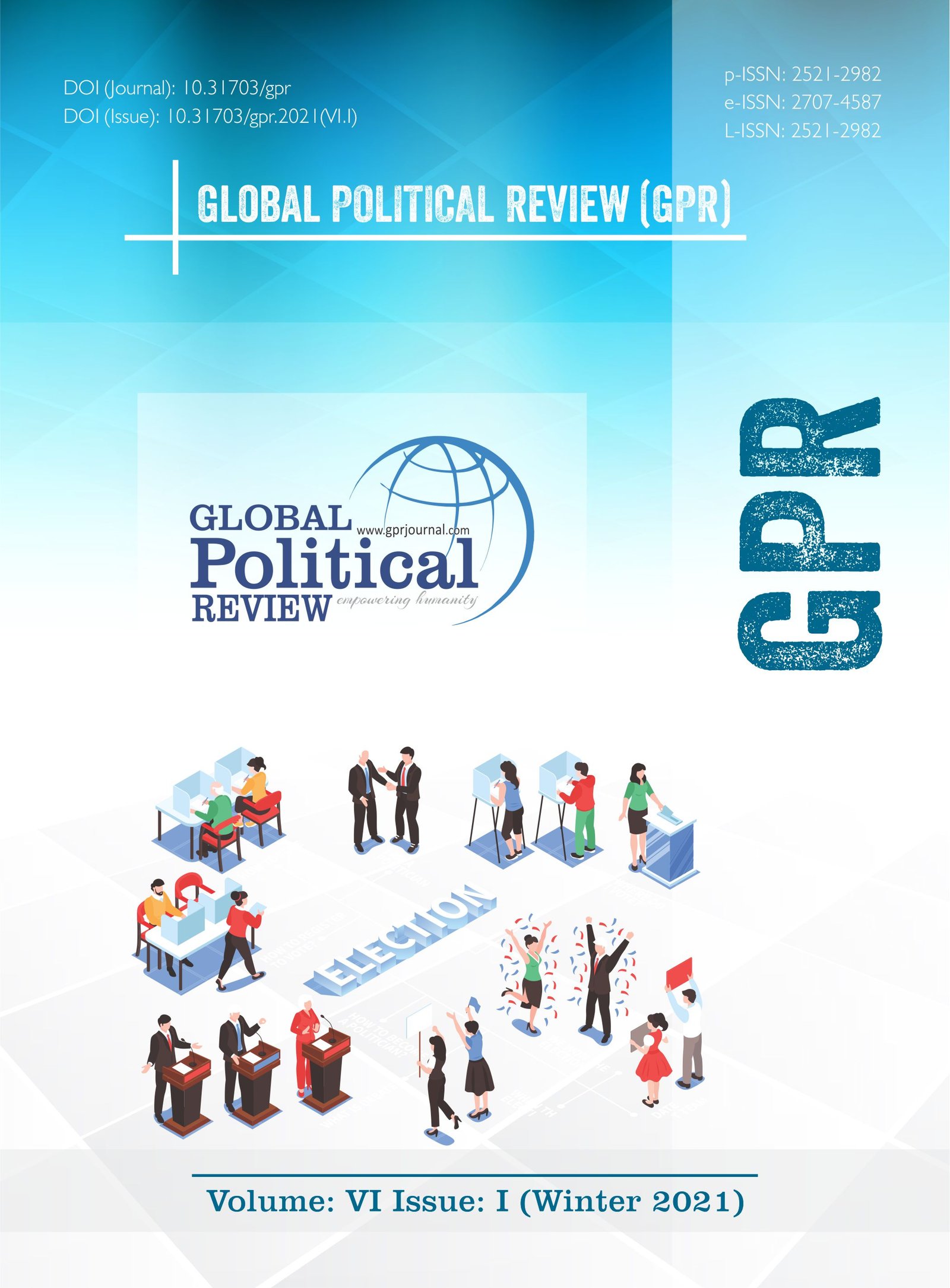 Volume VI, Issue IV (Fall 2021)
Volume VI, Issue IV (Fall 2021) 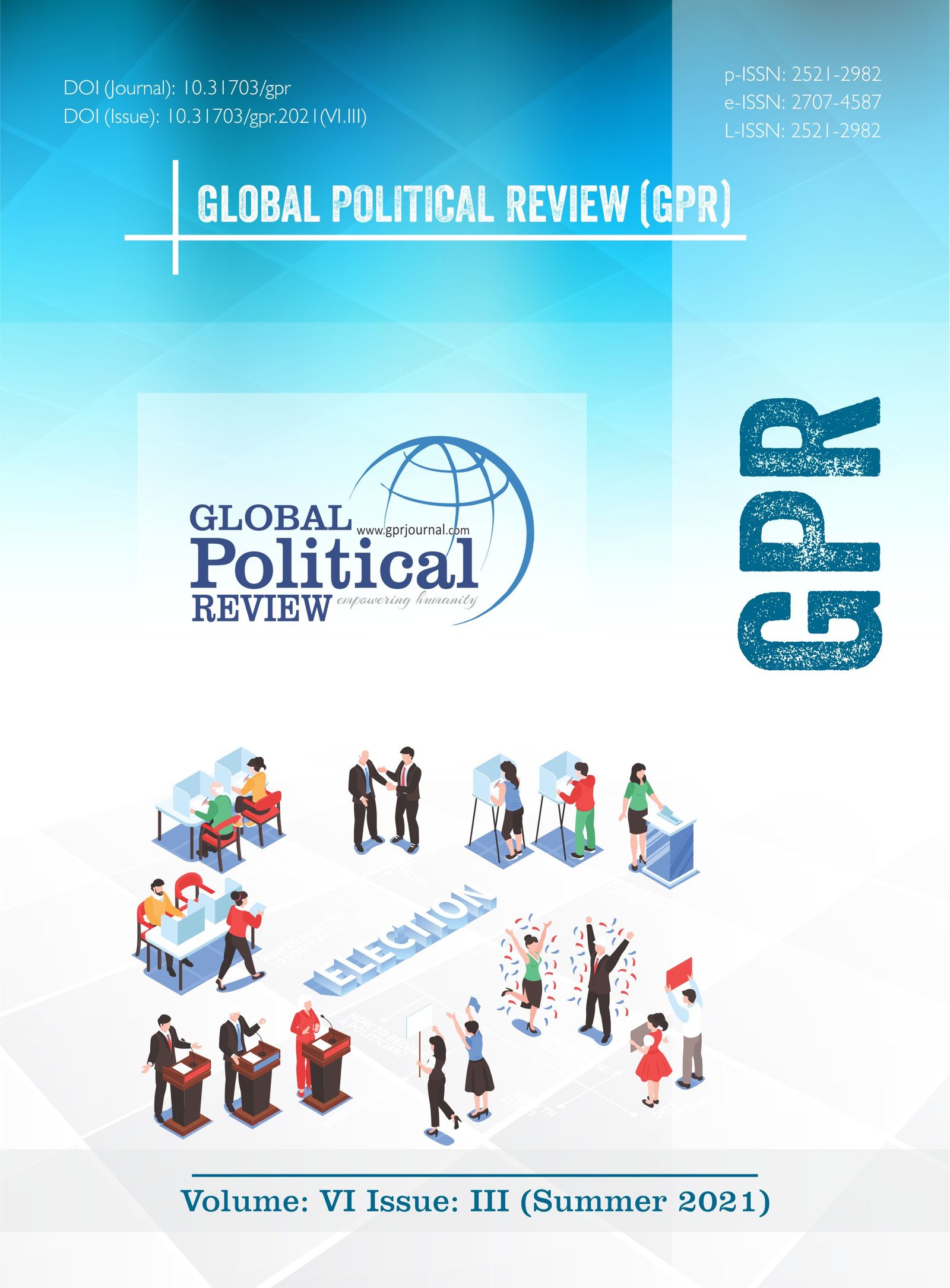 Volume VI, Issue III (Summer 2021)
Volume VI, Issue III (Summer 2021)  Volume VI, Issue II (Spring 2021)
Volume VI, Issue II (Spring 2021) 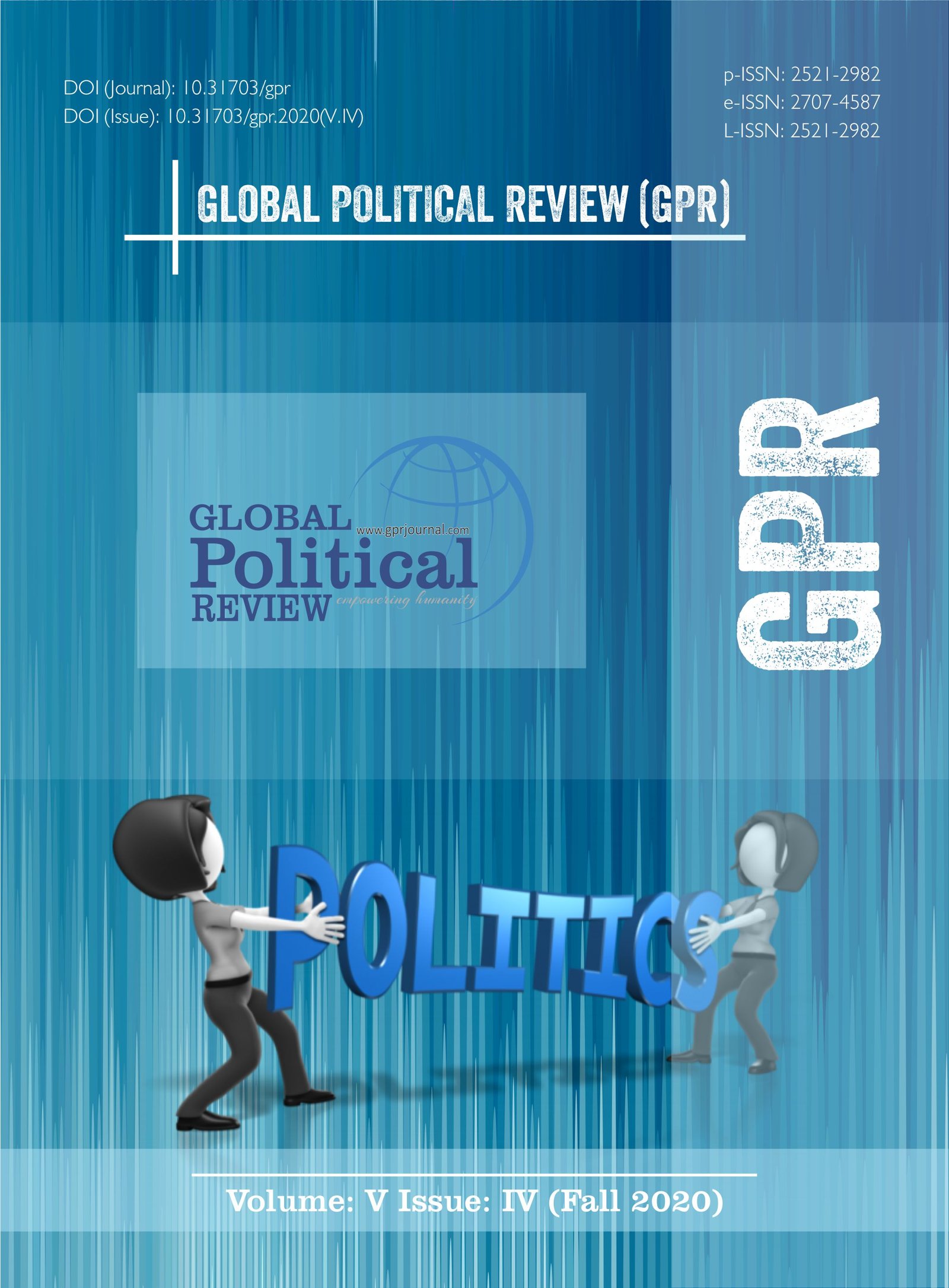 Volume V, Issue IV (Fall 2020)
Volume V, Issue IV (Fall 2020)  Volume V, Issue III (Summer 2020)
Volume V, Issue III (Summer 2020) 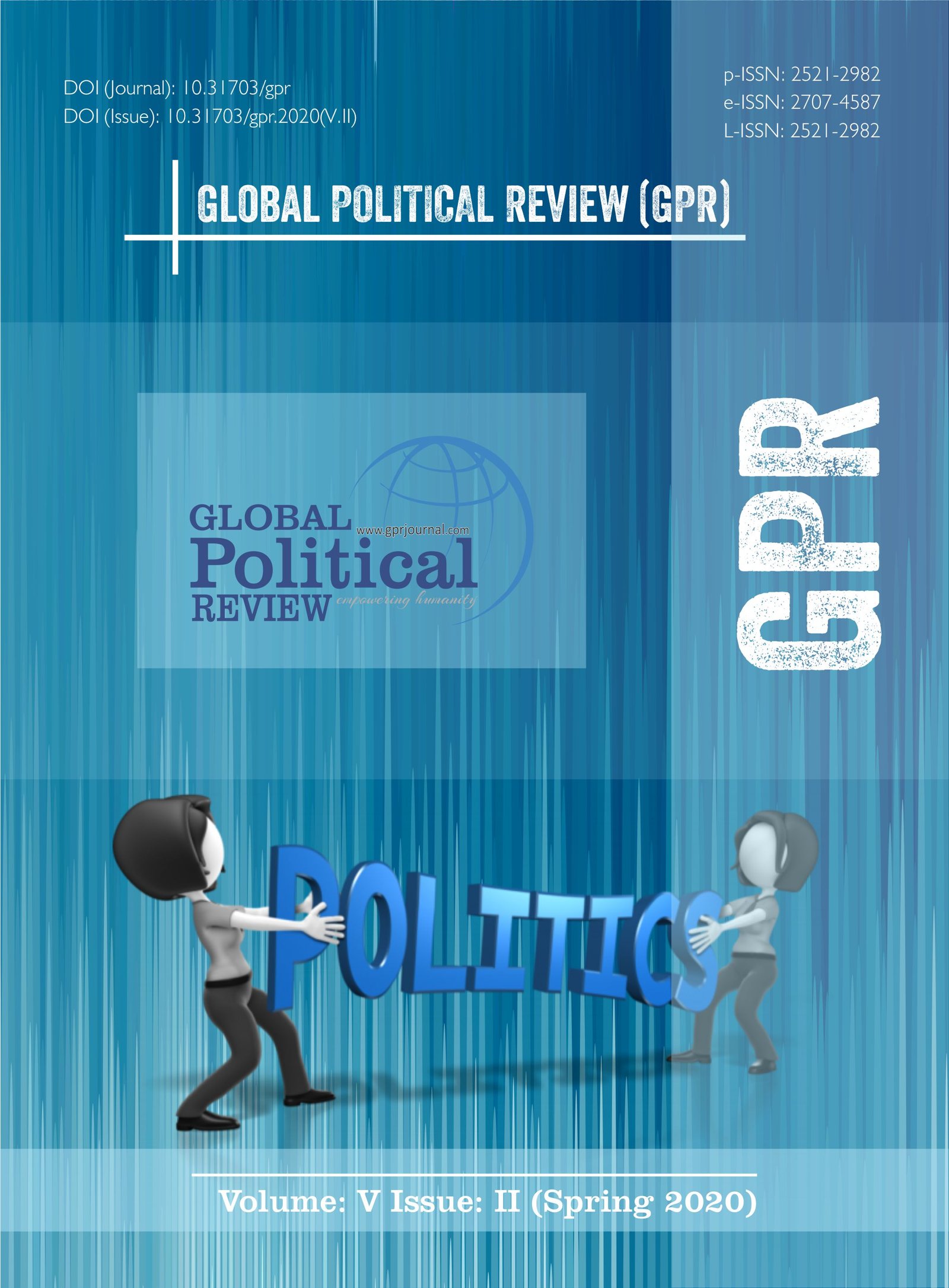 Volume V, Issue II (Spring 2020)
Volume V, Issue II (Spring 2020) 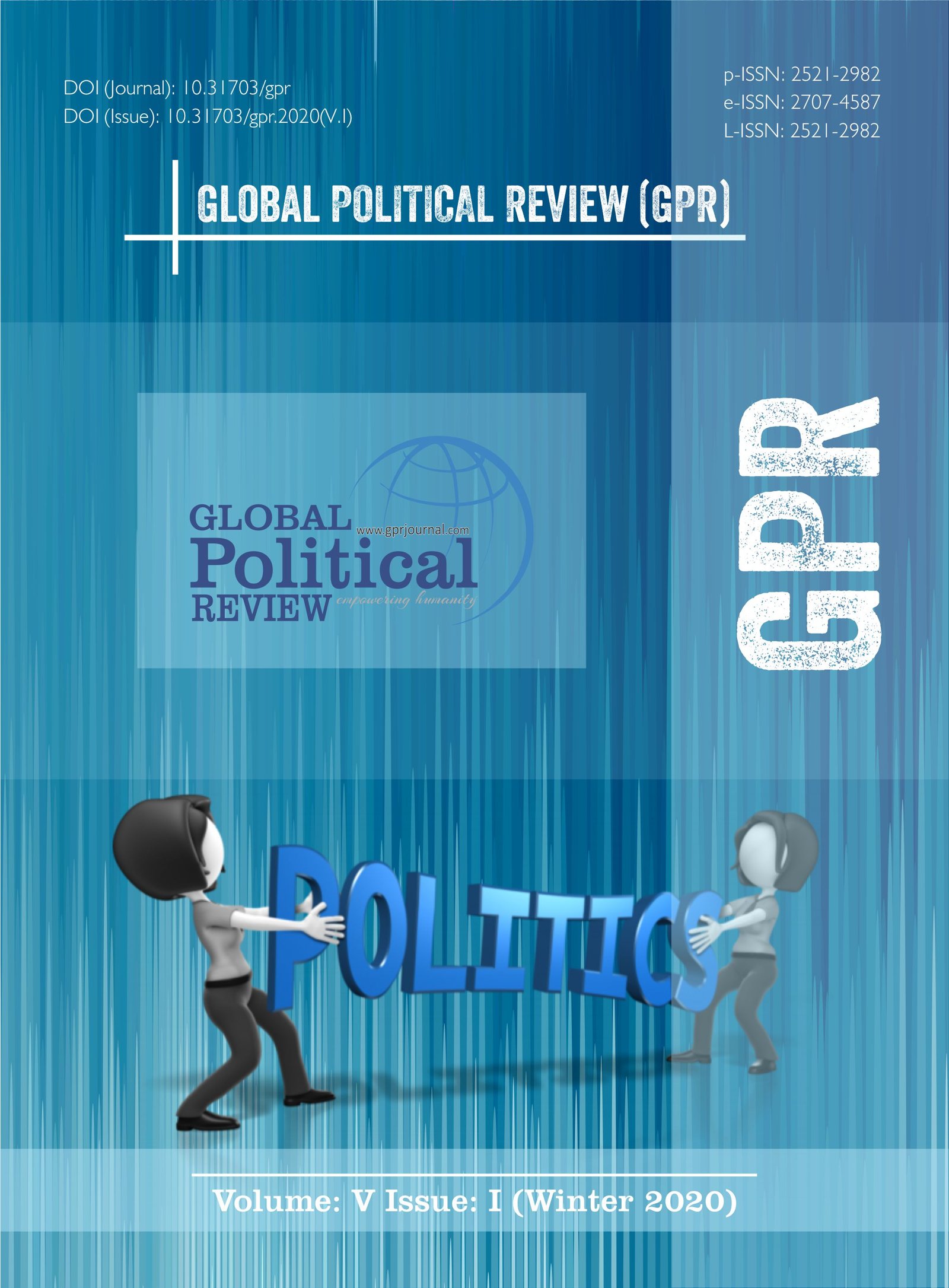 Volume V, Issue I (Winter 2020)
Volume V, Issue I (Winter 2020)  Volume IV, Issue IV (Fall 2019)
Volume IV, Issue IV (Fall 2019)  Volume IV, Issue III (Summer 2019)
Volume IV, Issue III (Summer 2019)  Volume IV, Issue II (Spring 2019)
Volume IV, Issue II (Spring 2019) 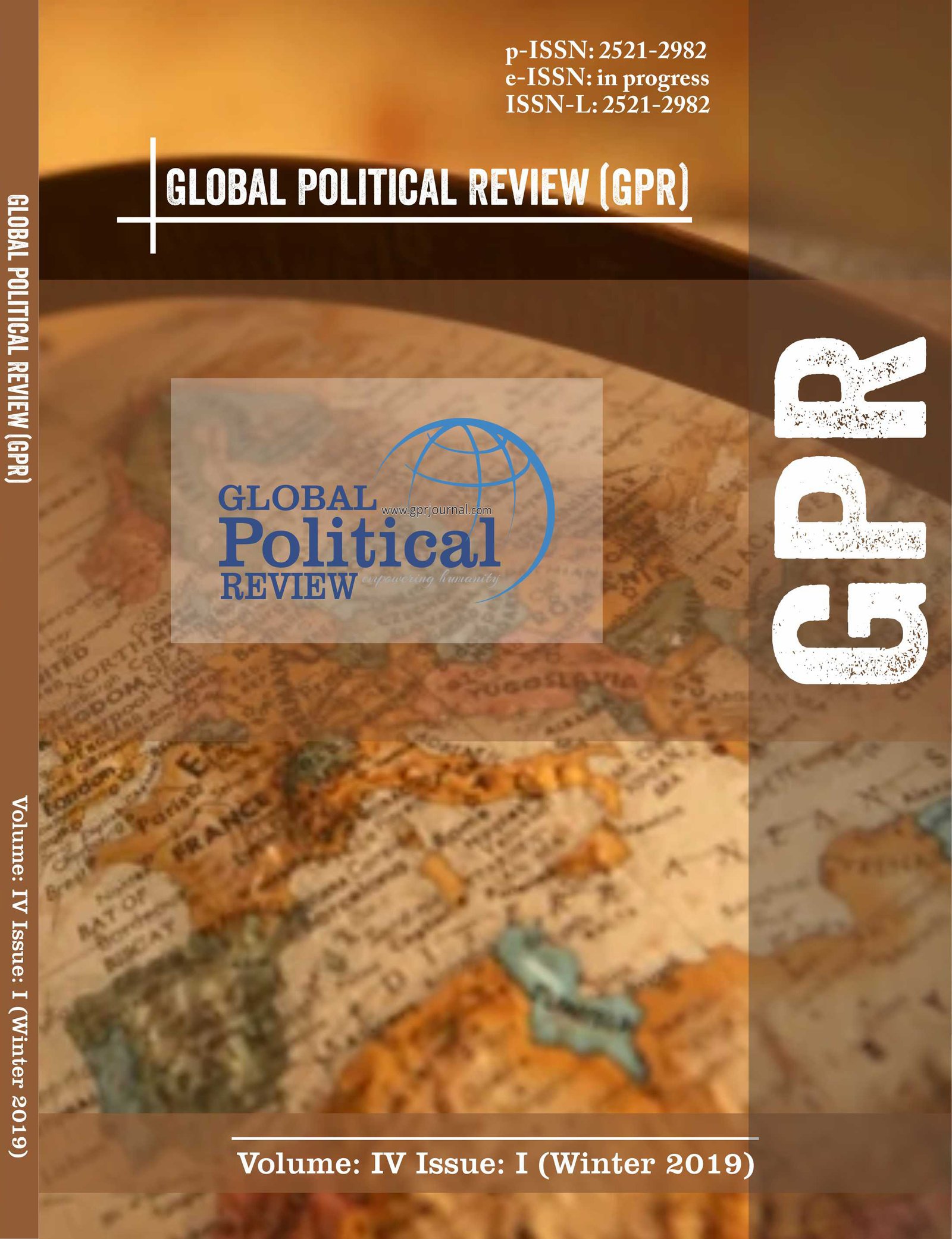 Volume IV, Issue I (Winter 2019)
Volume IV, Issue I (Winter 2019) 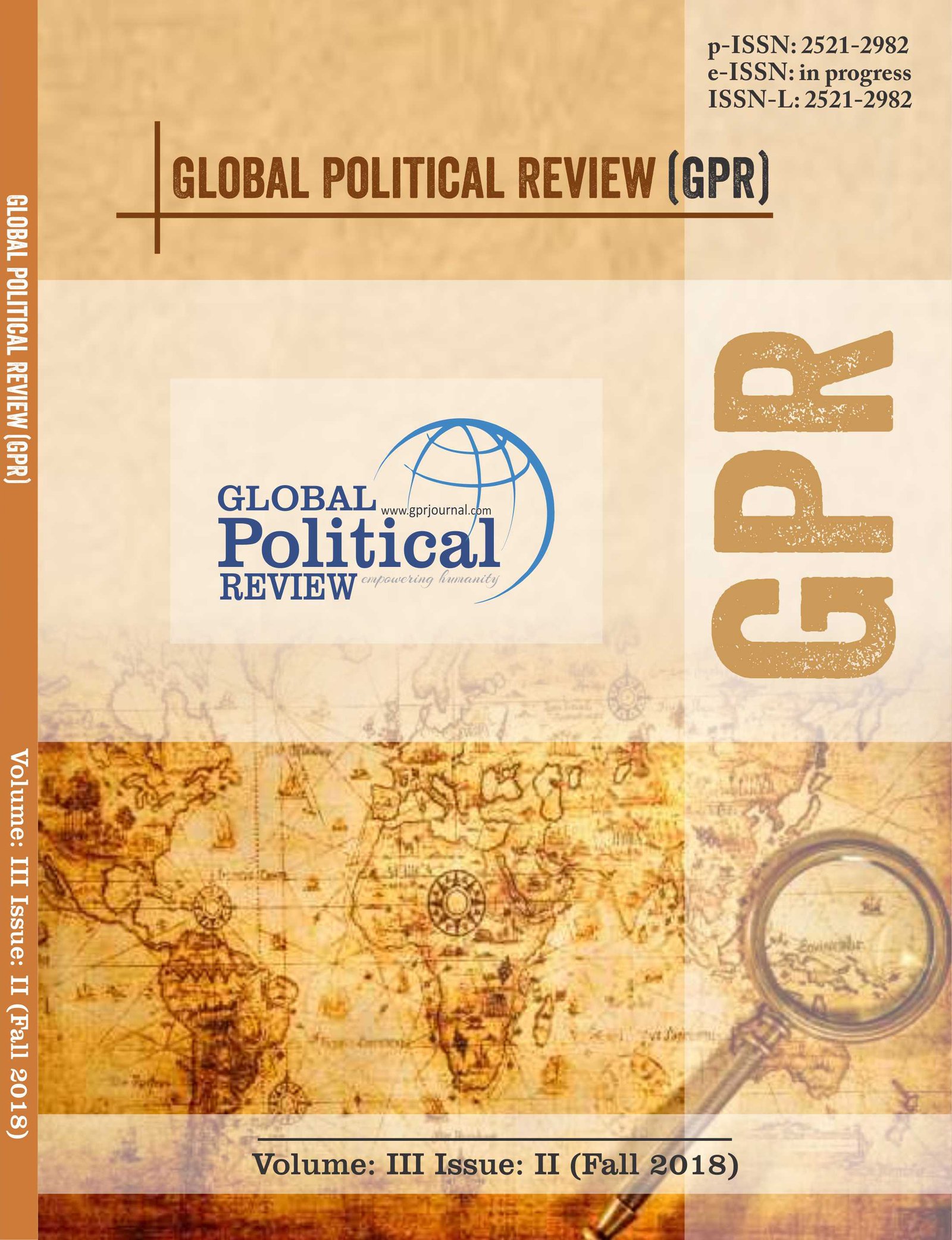 Volume III, Issue II (Fall 2018)
Volume III, Issue II (Fall 2018) 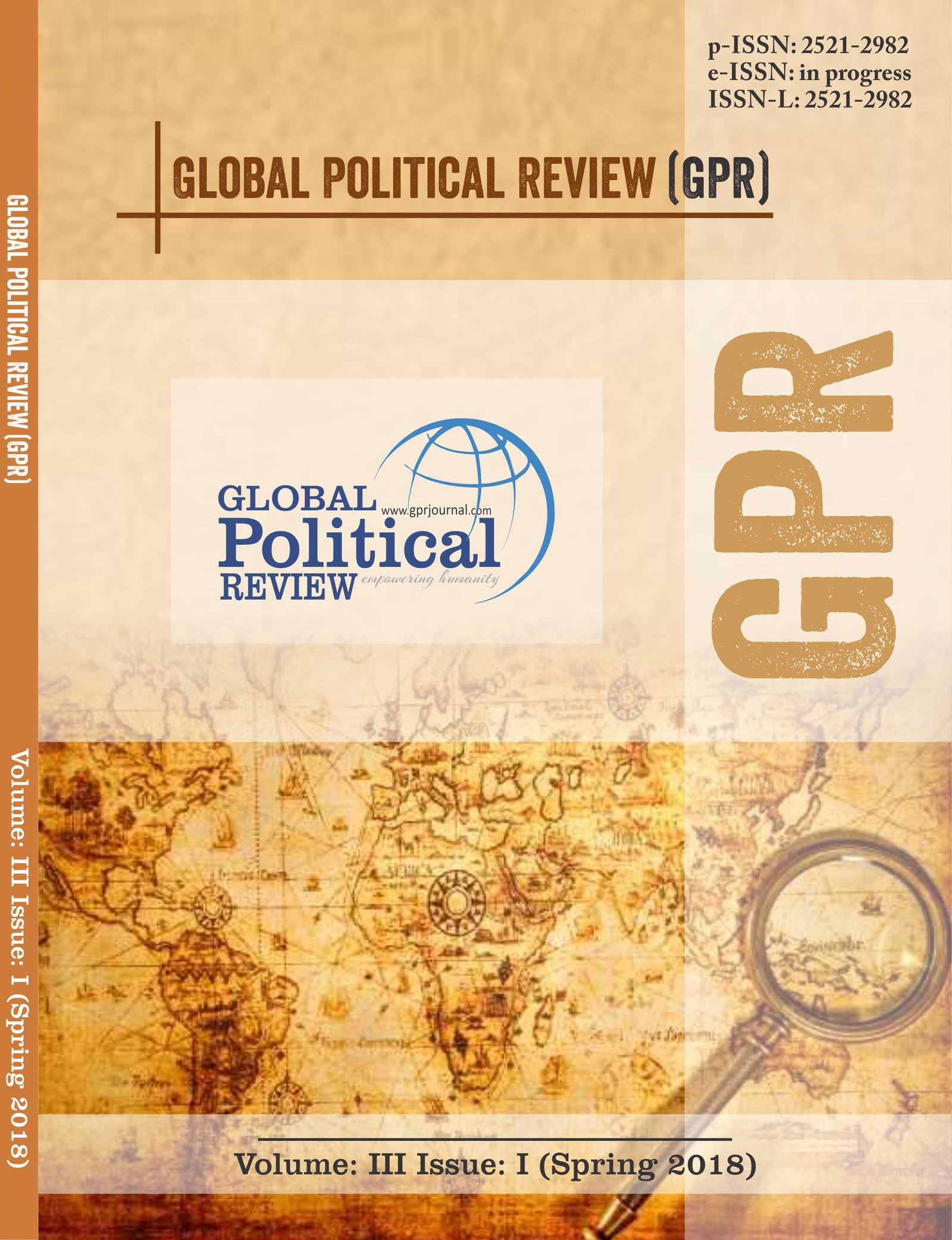 Volume III, Issue I (Spring 2018)
Volume III, Issue I (Spring 2018)  Volume II, Issue I (Fall 2017)
Volume II, Issue I (Fall 2017)  Volume I, Issue I (Fall 2016)
Volume I, Issue I (Fall 2016)